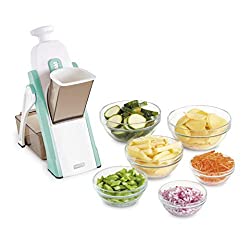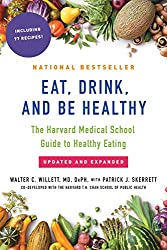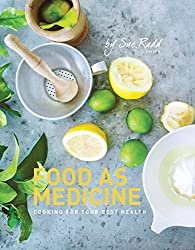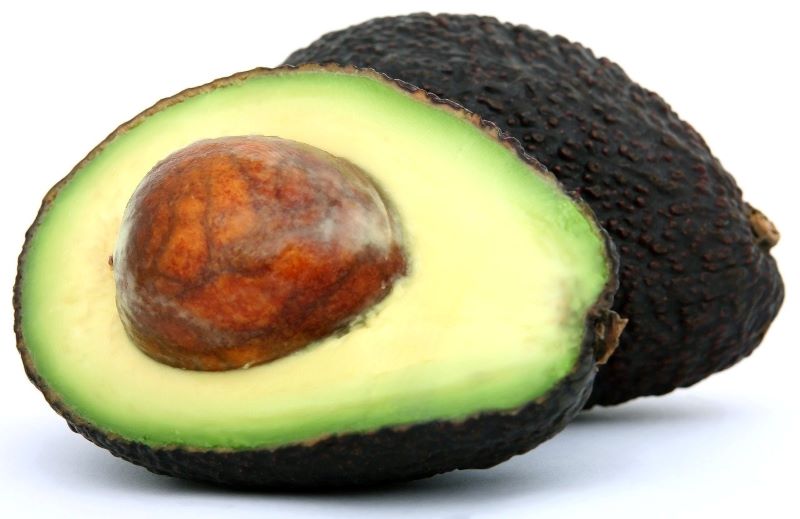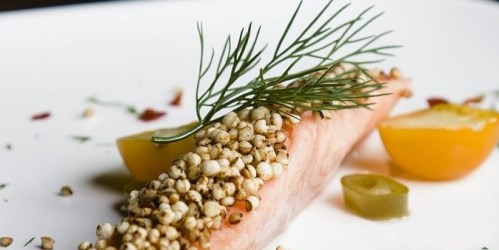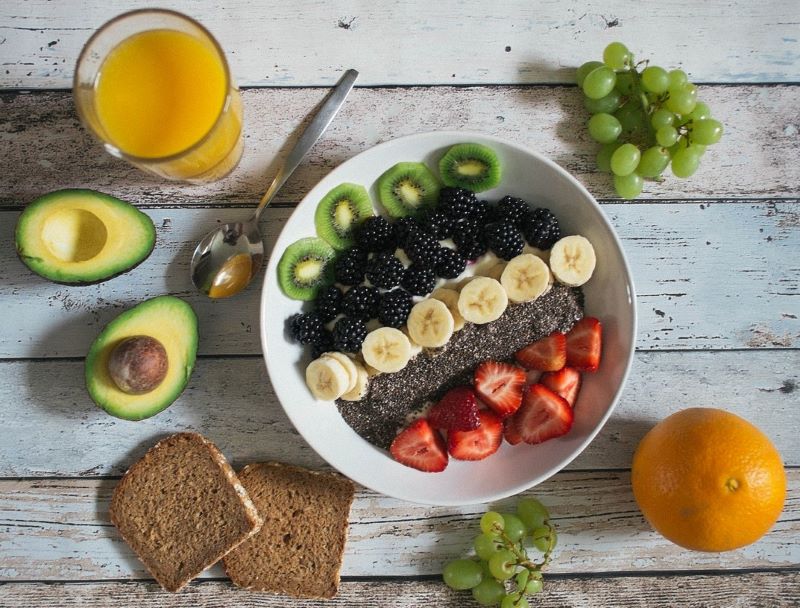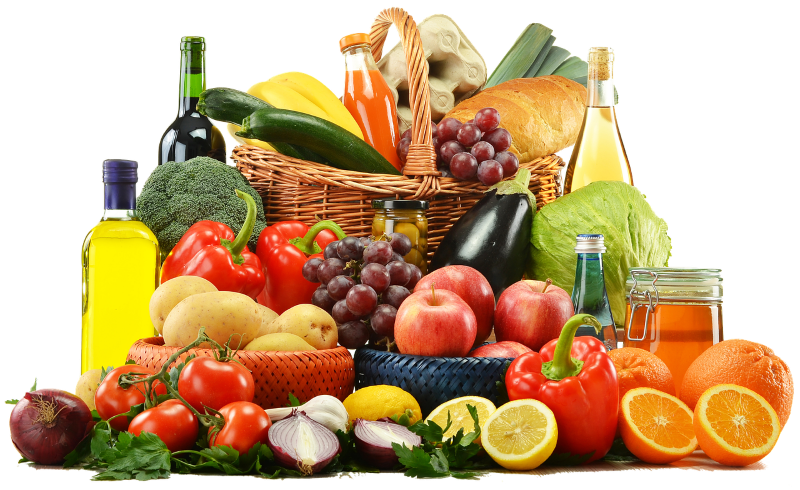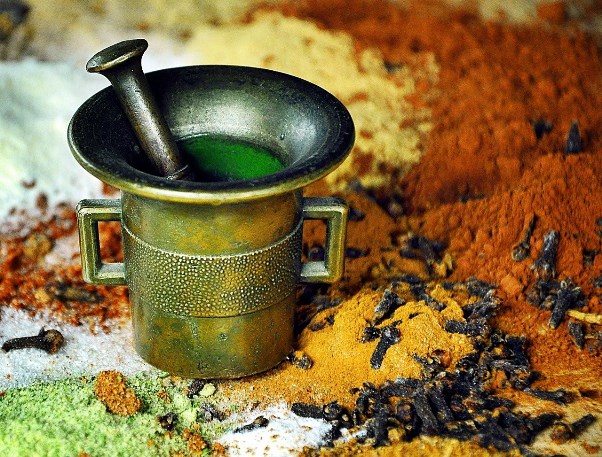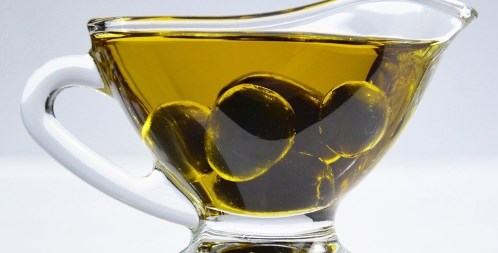HOW DOES HEALTHY FOOD INFLUENCE THE BODY?
Have you ever thought of your food as medicine?
Eating nutritious foods directly affects your immune system
Chris Sheldon

Nutritious food, with all its essential nutrients, builds a strong immune system. These essential nutrients, in a well-balanced diet of healthy food choices, can even support those who have a compromised immune system or weak immune system. So, a healthy balanced diet may prevent and treat chronic diseases.
Hippocrates coined the phrase “Food as Medicine” in his renowned quote… “Let Food be thy Medicine and Medicine thy Food” *
Paying close attention to what you eat, how and when you eat, can form the basis for your overall health and wellbeing.
Nutritional habits, or the lack thereof, may very well determine whether you may or may not have a lower chance of acquiring chronic diseases.
It’s a powerful thought.

Viewing food as medicine, as a preventative for treating chronic diseases, is a different paradigm from many people’s conventional way of thought and thinking.
Food is a powerful natural medicine that can not only prevent illnesses, heal, and nourish the body for peak performance… it may also be able to reverse or slow down some chronic diseases.
There are three different paradigms for thinking about nutritious food

1 Food is source of pleasure… savouring the flavours and textures of food
2 Food is fuel for the body… necessary to stave off hunger
3 Food is a means of keeping healthy. Nutritious food can be like medicine, keeping the body healthy.
Eating lots of healthy food is lifestyle medicine… based on a healthy diet. Eating a healthy balanced diet not only nourishes the body but protects and prevents disease.
Food is a natural medicine to the body because nutritious food is high in the essential nutrients and vitamins that boost immune system function. Herbal medicine is actually plant-based food that blurs the boundary between food and medicine.

10 RULES FOR TREATING FOOD AS MEDICINE
1 Consider plant-based food as medicine.

The Mediterranean diet is recommended by many health professionals as a healthy diet to follow as it constitutes a heart-healthy diet. This plant-based diet can greatly reduce the incidence of heart attacks and can even be seen as a heart disease prevention diet.
A Mediterranean diet is based on eating lots of whole natural healthy foods such as grains, fruits and vegetables, oily fish and extra virgin olive oil, with a small handful of nuts and wine – in moderation. It encompasses many nutritious food choices and thus becomes natural medicine for the body.
The Mediterranean diet promotes healthy habits. It’s not only an evidence-based, heart-healthy diet, but can greatly aid in disease prevention and ending chronic diseases.
2 EAT HEALTHY FOOD.
…rather than relying on dietary supplements
For many years people around the world have ignored the importance of eating natural plant-based healthy food in their diet and some have reached for supplements to support their overall health care.
The pharmaceutical industries are very heavily invested in selling supplements. But Natural Medicine treats food as medicine and avoids the need for dietary supplements.
A healthy diet is eating a variety of healthy food from all the food groups. By simply treating food as medicine, it should reduce the need for taking supplements. Where possible, seek out fresh food markets where fresh, healthy food is brought straight from the farm.
Purchasing oily fish from the fish monger, whole grain breads from the market bakery, with grass fed meat and locally made cheese and yoghurts, plus eating lots of plant-based fruits and vegetables, makes for a healthy diet. Therefore, purposely making healthy eating food choices can play an important role in disease prevention and, in particular, preventing heart disease.
Food is natural medicine and an alternative medicine for health care, as against relying on supplements to boost your immune system. Plant-based oils from olive oil, avocados, nuts and seeds and the fats from fish, mostly omega-3 fatty acids, provide important anti-inflammatory benefits.
Healthy fat foods help to support the immune system, due to their important essential nutrients and the essential minerals in foods.
Supplements should only be used as a back up to a good diet…. not as a replacement for eating healthy and nutritious food. However, many health professionals will consider herbal medicine, taking a more holistic medicine approach. This means recommending a balanced diet of nutritious food as medicine, to assist in a person’s health care.
By regularly eating fresh fruits and vegetables direct from local markets, you are not only supporting your local farms and food markets, but you are enhancing your own health care at the same time.

3 View healthy food as lifestyle medicine.
Natural medicine can not only heal and protect but prevent and treat many diseases brought on by having an unhealthy diet. The well-known saying “an apple a day keeps the doctor away” was coined because an apple is, when eaten with the skin on, a natural medicine with health benefits that support and strengthen the immune system.
When looking for healthy foods to eat throughout the day, apples always make an excellent choice when it comes to healthy snacks. An apple is not only a nutritious healthy food to eat on a daily basis, but a good source of vitamins, carbs and is also full of soluble fiber and water.
Eating healthy food such as apples on a regular basis may play an important role in helping to lower the risk of high blood pressure and cholesterol levels plus prevent the onset of stroke, heart disease and diabetes.

A balanced diet should always include fruits and vegetables, especially when it includes the humble apple as they will give a weak immune system a boost.
Read America’s Number 1 Best Selling Guide to Natural Remedies
4 EAT SLOWLY AND MINDFULLY
MAKE HEALTHY FOOD CHOICES
Mindful eating is paying close attention to what you eat, how and when you eat. Specific foods can directly impact your health. Healthy food fuels the body, giving it energy and sustainability, as well as helping to detoxify the body.
Eating a healthy diet supports the immune system and the nervous system, while aiding digestion and regulating blood pressure, helping it to function properly.
We all need to be more mindful of making healthy food choices. It’s important not to choose the convenience of fast food, unhealthy breakfast cereals, high in salt, sugar, and highly processed foods. We should choose heart-healthy foods. Avoid processed foods and refined products as they often have high levels of salt, sugar, and other additives.
Replace processed foods with whole grain healthy foods such as wholemeal bread, quinoa, oats, and beans… to sustain you throughout the day.

5 AVOID EATING WHEN STRESSED
Try to avoid eating when stressed as stress can greatly impact the nervous system.

Increased stress levels put a strain on the digestive system, as well as affecting your mood swings, alertness, and energy levels. Therefore, avoid eating when stressed, especially highly processed foods as these foods compound your stress levels.
Seeing food as medicine enables you to make good food choices. Healthy food is natural medicine for the body. Nutrient rich foods help the body heal and repair itself, improving health and wellbeing.
Eating a well-balanced diet (including healthy breakfast foods to start the day), followed by healthy snacks, including several servings of fruits and vegetables throughout the day, is a healthy eating plan for when feeling stressed.
Read how to Transform Your Diet
6 HEALTHY FOOD NOURISHES AND PROTECTS THE IMMUNE SYSTEM
Nutritious food nourishes and protects the immune system. Research has shown that certain unhealthy dietary habits can adversely affect your health and you are more susceptible to chronic diseases.
The essential nutrients in healthy food give a protective layer at the same time as nourishing, supporting, and strengthening the body’s immune system, helping the body to function properly. These supportive qualities are reasons to regard food as medicine.
Discover a research-based guide to healthy eating with easy-to-follow menu plans
7 HEALTHY FOOD IS LIFESTYLE MEDICINE

…for a Healthy Heart
Defend yourself against the possibility of acquiring some chronic diseases by recognising the importance of food and its effects on your health. Diet and health go hand in hand. Eating healthy foods gives the body a defence against the onset of disease. Good eating is a lifestyle medicine choice. Making good plant-based food choices may protect the body against many diseases. Eating a variety of plant-based fruits and vegetables, rich in the essential nutrients and minerals in foods, increases antioxidant levels that help support the immune system.

Heart-healthy foods such as healthy fat foods like avocados, extra virgin olive oil, oily fish and almonds, cashews and walnuts are excellent healthy options for a more balanced diet for heart health. Choosing a heart-healthy diet decreases the chances of heart attacks as it helps to lower cholesterol levels and inflammation associated with cardiovascular diseases.

Other important heart healthy foods include cocoa in dark chocolate in moderation) and whole grains such as quinoa, oatmeal, and brown rice. Spinach, sweet potatoes, carrots, oranges, broccoli, and red peppers are all rich in vitamins and minerals essential to support a healthy diet.
Many health professionals recommend following a more Mediterranean diet plan as it has all the elements of a healthy diet. It is also using food as medicine to sustain a life of health and wellbeing.
How does the Mediterranean diet benefit heart health?

The Mediterranean diet is regarded as a heart-healthy diet that is natural medicine that not only improves and supports the immune system, but possesses health benefits for longevity.
The Mediterranean diet is regularly eating a variety of healthy foods. It’s a healthy diet that is conducive to healthy eating habits that have been followed by those living around the Mediterranean region over many centuries. Studies have shown that those who have long lived in the Mediterranean region and enjoyed its healthy food benefits, have experienced longevity, health and wellbeing, and enjoy a far lower risk of heart disease.

Therefore, it’s important to eat plenty of nutritious foods, along with healthy fat foods. It’s also essential to include whole natural grains, fish, nuts, lots of fruits and vegetables, extra virgin olive oil, olives, along with cheese and moderate amounts of wine.

8 MAKE FOOD A LIFESTYLE MEDICINE CHOICE
Choose healthy foods as medicine, based around a balanced diet full of nutritious foods. Such foods include healthy fat foods, lots of plant-based, fiber rich foods and lots of fruits and vegetables. These are all seen as natural medicine that strengthens the immune system.
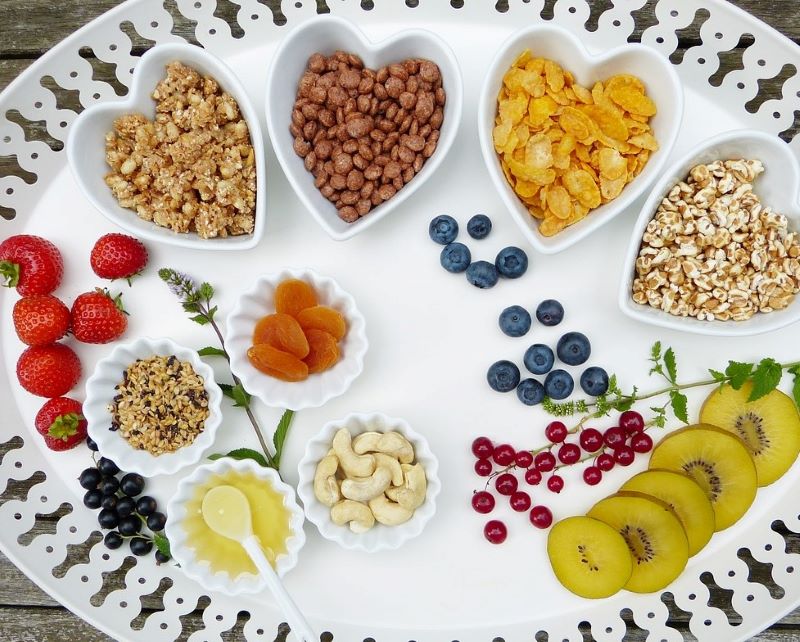
Making these healthy food choices should not be viewed as replacement or alternative medicine, but as supporting the immune system to nourish and protect.
Regarding food as medicine is a way of seeing food as a support to medicine. It is not an antidote to chronic disease but making good food choices to strengthen and support the immune system can help improve it. Changing to being more conscious of following a more healthy diet, with lots of healthy food meals along with healthy snacks can improve your health dramatically… at the same time as protecting against disease.
9 WE ARE ALL UNIQUE

When a diet is deficient in the essential nutrients, vitamins D and C and many of the minerals in food, the risks of certain chronic diseases are heightened. Supermarkets are often full of attractive highly processed foods, stripped of goodness and replaced with processed fats, sugar and salt. These foods need to be avoided. A diet which is high in refined foods and/or high in sugary additives helps to contribute to diabetes, obesity, heart disease and cancer.
Because we are all unique, we all have our different requirements. Some may have a genetic disposition to developing chronic disease, or require certain medication to overcome, stress, depression, or other conditions. Temptations towards certain unhealthy foods such as processed foods, high sugar and high-fat foods place some people at a disadvantage.
The bottom line is to look after your own health care by eating lots of nutritious foods because they constitute natural medicine that boosts the immune system.

10 ADOPT A HOLISTIC MEDICINE APPROACH
Lifestyle changes to promote wellness
Seeing food as medicine can play an important role in improving, strengthening, and supporting the immune system, when you follow a healthy eating regime.
Viewing food as medicine means you have a natural medicine at your disposal, medicine that focusses on the whole person… the body, mind, spirit, and the emotions. Having a well-balanced diet, including lots of healthy fresh food, is a great starting point in looking after your own health care.
*Read more about Hippocrates’ “Food as Medicine” quote



